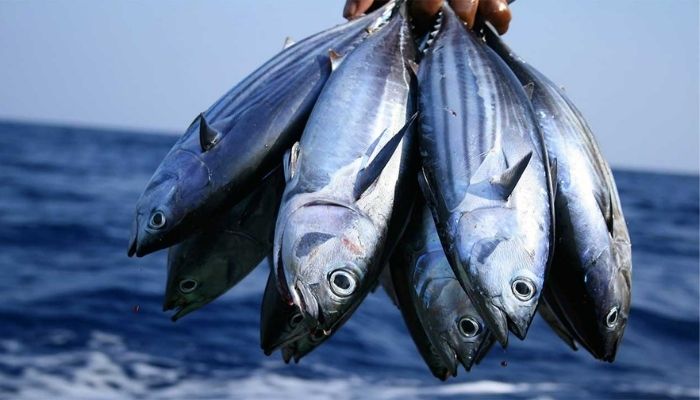Abuja, July 18, 2025 —
The Federal Government of Nigeria has commenced high-level discussions with the World Bank to secure financing aimed at bolstering local fish farming as part of efforts to curb Nigeria’s heavy reliance on imported fish.
The move comes amid mounting concerns over the nation’s annual fish import bill, which experts say has strained foreign reserves and undermined local aquaculture development. Speaking on the development, a senior official in the Federal Ministry of Agriculture and Food Security confirmed that negotiations are underway to access targeted funding and technical support from the World Bank to empower local fish farmers and enhance domestic production capacity.
The planned intervention will include low-interest financing, technical training, cold-chain infrastructure, and research-based solutions to address the productivity challenges of smallholder fish farmers across Nigeria.
Nigeria currently imports an estimated 2 million metric tons of fish annually, despite having vast water resources and a growing aquaculture sector. Stakeholders in the fisheries industry have long called for government-backed investments to reduce this dependency, ensure food security, and create jobs within the rural economy.
“This partnership with the World Bank is intended to close the supply-demand gap in the fisheries sector,” a ministry source said. “By increasing support for fish farmers and improving production standards, we can drastically reduce import volumes and protect our local industry.”
If approved, the World Bank-backed initiative will align with the Tinubu administration’s agricultural transformation agenda, which prioritizes food self-sufficiency and economic diversification.
The government has also pledged to introduce policy reforms that will ease access to credit for fish farmers and facilitate private sector investment in Nigeria’s aquaculture value chain.
